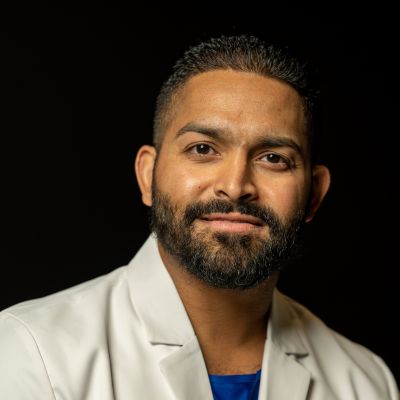What is BPC-157?
BPC-157, whose name stands for 'Body Protective Compound,' is a synthetic peptide made of 15 amino acids. It is a partial sequence of a protein found naturally in human gastric juice.
A Natural Blueprint
It's a synthetic peptide, but it's based on a protective protein your own body makes, specifically in your gastric juice.
The Repair Signal
Its main job is to kickstart and accelerate healing. Imagine it as the foreman on a construction site, telling the body's repair crews exactly where to go and what to do.
Research and Potential Benefits
Perhaps the most famous application of BPC-157 is its effect on connective tissues like tendons, ligaments, and muscle.
- ✓ Accelerates Healing: Studies show it can significantly speed up the repair of tendons, ligaments, and skin.
- ✓ Promotes Angiogenesis: It encourages the formation of new blood vessels, which is critical for bringing nutrients to an injured area.
- ✓ Reduces Inflammation: Acts as a potent anti-inflammatory agent at the site of injury.
Originating from gastric juice, BPC-157 has a natural affinity for the gastrointestinal tract.
- ✓ Heals Ulcers: Research suggests it can protect and heal the stomach lining from ulcer damage.
- ✓ Soothes IBD: May reduce inflammation associated with conditions like Crohn's disease and ulcerative colitis.
- ✓ 'Seals' Leaky Gut: Appears to maintain and restore the integrity of the gut barrier.
BPC-157 is a research compound. As a synthetic version of a naturally occurring peptide, it is generally considered to have a high safety profile.
- ! Localized Action: Unlike some peptides, BPC-157 tends to have a more localized effect when injected near an injury site.
- ! Few Reported Side Effects: In research, it is noted for its lack of significant adverse side effects.
- ! Professional Guidance Recommended: Consultation with a knowledgeable healthcare provider is important to determine appropriate use and dosing.
References & Citations

Ask Dr. John About BPC-157
Get personalized clinical insights from Dr. Jobby John, PharmD, FACA. Ask specific questions about BPC-157 and receive evidence-based answers from his extensive clinical experience.